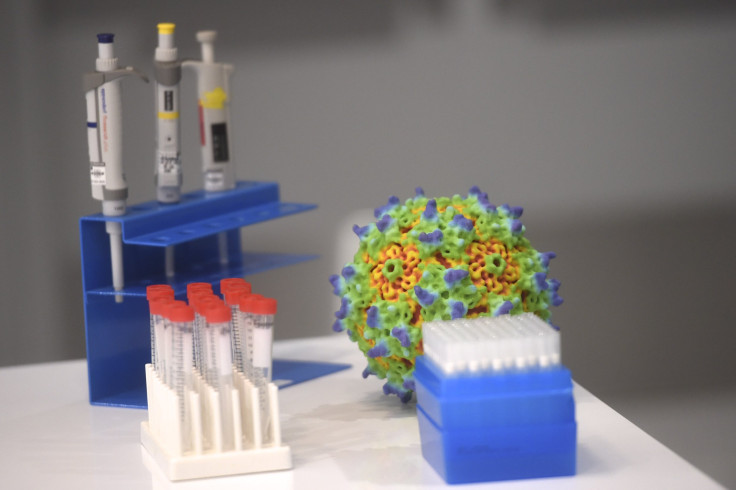Pancreatic cancer breakthrough: Highly targeted diagnosis and treatments soon possible, pancreatic cancer four different diseases

What medical experts believe to be a breakthrough in cancer research, scientists at the University of Glasgow have found out that pancreatic cancer is basically four separate diseases, each with a separate genetic trigger and treatment. The international team of researchers did a detailed analysis of gene expression, DNA disruption and molecular pathways in tumours.
The researchers classified pancreatic cancer into four subtypes -- pancreatic progenitor, squamous, aberrantly differentiated endocrine eXocrine (ADEX) and immunogenic.
“We identified 32 genes from 10 genetic pathways that are consistently mutated in pancreatic tumours, but further analysis of gene activity revealed four distinct subtypes of tumours,” said Sean Grimmond, lead researcher and professor at the University of Melbourne.
The findings of the research have great potential to treat pancreatic cancer perfectly. They may allow patients to receive accurate diagnosis. Doctors will be able to prescribe a more targeted treatment. The study also means that certain pancreatic cancers may become treatable with drugs already being used to treat cancers with similar genetics.
“The findings of this research are incredible exciting for anyone affected by pancreatic cancer, as they should mean that in the future the right patients can be given the right treatment at the right time,” said Leanne Reynolds, head of Pancreatic Cancer UK.
Grimmond’s team explained that each subtype has a different survival rate, reports Medical News Today.
Dr. Peter Bailey, one of the study authors, said that the ways in which pancreatic cancer is treated has not at all developed for the past two decades. He even described current methods as “hitting the disease with a mallet with your eyes closed.”
The team of scientists at the University of Glasgow studied around 456 pancreatic cancer tumours for the research. It was published in the journal Nature. Bailey said that he and his colleagues are trying to change the clinical landscape not only for pancreatic cancer but for all cancers.






